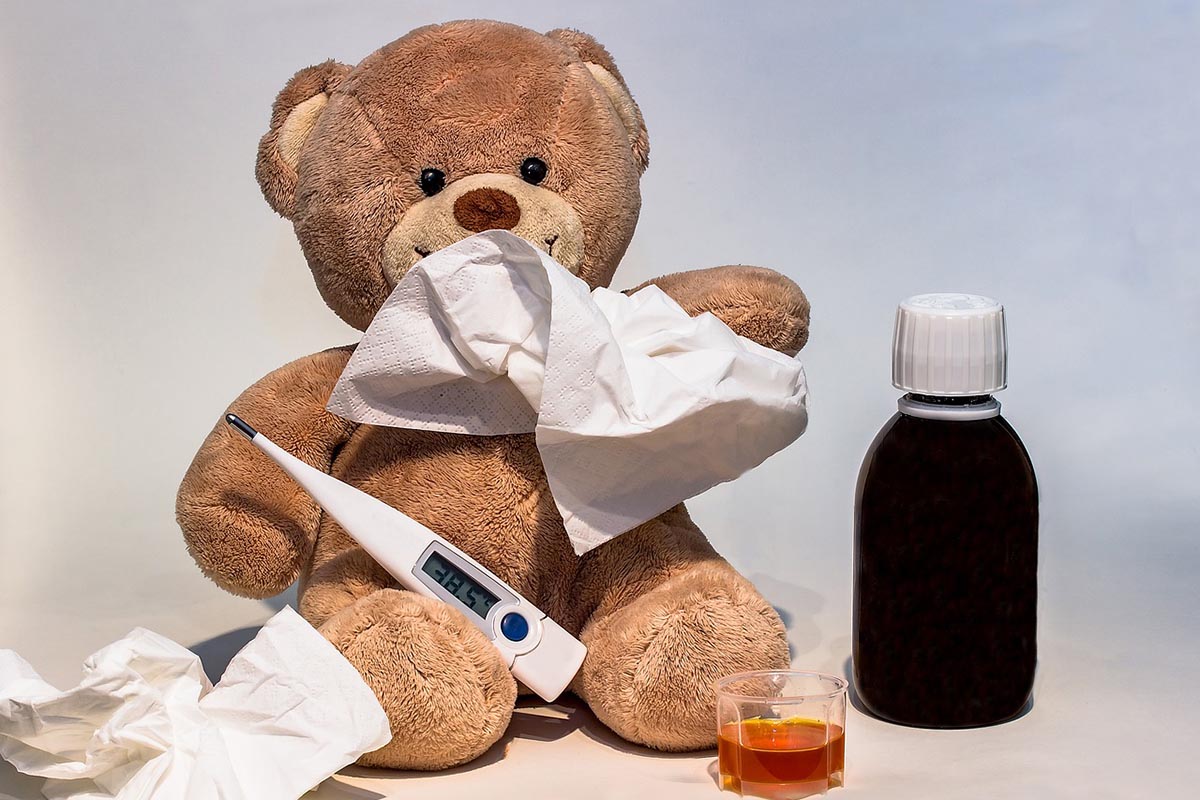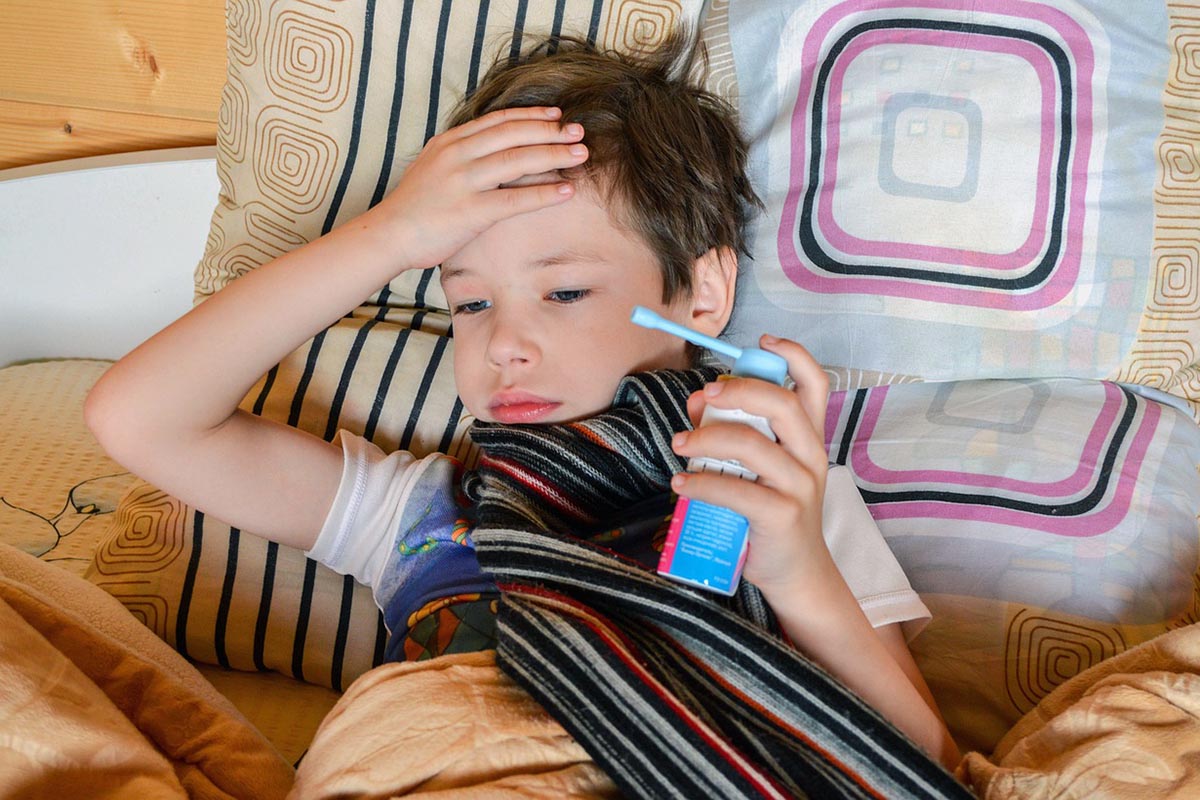As parents, the health and well-being of your children are paramount concerns. When a child falls ill or faces a medical condition, you naturally want to provide them with the best care possible, which sometimes includes prescription medications. While prescription drugs can be highly effective in treating pediatric health issues, they also come with complexities and potential risks. This comprehensive guide will explore what parents should know about giving their kids prescription drugs, from understanding the need for medications to ensuring their safe and appropriate use.
What Should Parents Know About Giving Their Kids Prescription Drugs: Follow the Healthcare Provider’s Guidance
Once a prescription is given, parents must follow the healthcare provider’s guidance precisely. Administer the correct dosage as prescribed by the healthcare provider. Never alter the dosage without consulting the provider. Otherwise, your child may take too much unnecessary medication or not receive enough to treat their condition effectively.
For instance, if Xanax, typically prescribed for anxiety and panic disorders in adults, was given to a child at the wrong dosage, it could have severe consequences. In this case, if you need help with Xanax abuse, seek immediate medical attention. It’s essential to emphasize that Xanax, or alprazolam, should never be given to children unless specifically prescribed by a pediatric specialist for a particular and rare medical condition.
Ensure that the medication is taken at the specified times. Some medications require administration with food, while others should be taken on an empty stomach. Complete the entire course of medication, even if the child’s symptoms improve before the drug is finished. Stopping a course prematurely can lead to incomplete treatment and potential relapse. Store medications in a safe place and follow any specific storage instructions provided by the pharmacist or healthcare provider.
Contents
Communication with Healthcare Providers
Don’t hesitate to ask your child’s healthcare provider questions about the prescribed medication:
- Why is this medication necessary? Understand the purpose and expected benefits.
- Are there alternatives or non-pharmacological treatments? Inquire about other options and their pros and cons.
- What are the potential side effects? Be informed about what to watch for and when to seek help.
- How should the medication be administered? Clarify any doubts about dosage, timing, and instructions.
Inform the healthcare provider about all medications, supplements, and over-the-counter drugs your child takes and any allergies or adverse reactions they’ve experienced. This information is crucial for preventing potential drug interactions or allergic reactions.
Be Informed About Potential Side Effects
All medications, including those prescribed for children, have potential side effects. Before starting a new drug:
- Ask the healthcare provider about possible side effects, how to recognize them, and when to seek medical attention.
- Pay close attention to your child’s response to the medication.
- Contact the healthcare provider promptly if you notice any unusual or severe side effects.
- Inform the healthcare provider of changes in your child’s health, even if they seem unrelated to the medication.
Some side effects may not be immediately apparent.
Know the Signs of Allergic Reactions
Parents should be aware of the signs of allergic reactions, which can vary but may include:
- Skin rash or hives;
- Itching;
- Swelling of the face, lips, or tongue;
- Breathing difficulties;
- Rapid heartbeat;
- Nausea or vomiting.
If you suspect an allergic reaction to a medication, seek immediate medical attention.
Avoid Medication Sharing
Never share prescription medications between siblings or with other family members. Each prescription is tailored to the individual’s condition, age, weight, and other factors. Sharing drugs can lead to incorrect dosages or adverse reactions. Also, sharing medications between family members and individuals can be illegal and have serious legal consequences. It’s essential to respect the prescription process and consult a healthcare provider to determine the appropriate course of action for each individual’s health needs.
Prevent Medication Errors
Ensure that you are using the correct medication, checking the label’s name, dosage, and instructions. When administering liquid medications, use the provided measuring device, such as a syringe or dosing cup, rather than household spoons to ensure accuracy.
Maintain a record of your child’s medications, including the name, dosage, and schedule. This can help prevent missed doses or accidental double dosing. In addition to maintaining a medication record, it’s wise to periodically review this information with your healthcare provider during follow-up appointments to ensure that the treatment plan remains accurate and effective. Taking these precautions and staying organized can significantly reduce the risk of medication errors and ensure your child’s safety.
Medication as a Tool
When medication is prescribed, it should be viewed as one tool in a comprehensive treatment plan. Keep track of your child’s behavior, mood, and responses to the medication. Share this information with the healthcare provider to fine-tune the treatment. Regular follow-up appointments with the healthcare provider are essential to assess the medication’s effectiveness and make any necessary adjustments. Encourage your child to communicate openly about their feelings while taking the drug. Be supportive and attentive to their experiences.
Storage and Disposal of Medications
Store all medications out of the reach of children in a secure, locked cabinet or container. Keep medicines in their original containers with child-resistant caps. Dispose of unused or expired medications properly. Many communities have medication disposal programs or guidelines for safe disposal to prevent accidental ingestion or environmental contamination. Also, always keep medicines in their original containers with clearly labeled instructions to avoid confusion or mix-ups. When disposing of medications, follow local guidelines or use medication disposal programs to improve your child’s safety and environmental protection.
Emergency Situations
Keep the phone number for your local poison control center readily accessible. In case of accidental ingestion or overdose, call immediately for guidance. If your child exhibits severe or concerning symptoms after taking medication, seek immediate medical assistance.
Don’t hesitate to contact 911 or visit the nearest emergency room. In cases of potential medication-related emergencies, quick action is essential. It’s crucial to have the poison control center’s number and the nearest emergency room’s address saved in your phone and readily available in your home. Promptly seeking professional guidance or medical assistance can be lifesaving in critical medication-related situations.
Giving prescription drugs to children is a significant responsibility that requires careful consideration, open communication with healthcare providers, and a commitment to medication safety. Parents should never hesitate to seek clarification, ask questions, or voice concerns regarding their child’s medications.
By being informed and proactive, parents can help ensure their children receive the appropriate treatment and experience optimal health outcomes. Remember that a collaborative approach involving healthcare providers, pharmacists, and parents is essential to the well-being of children requiring prescription medications.

